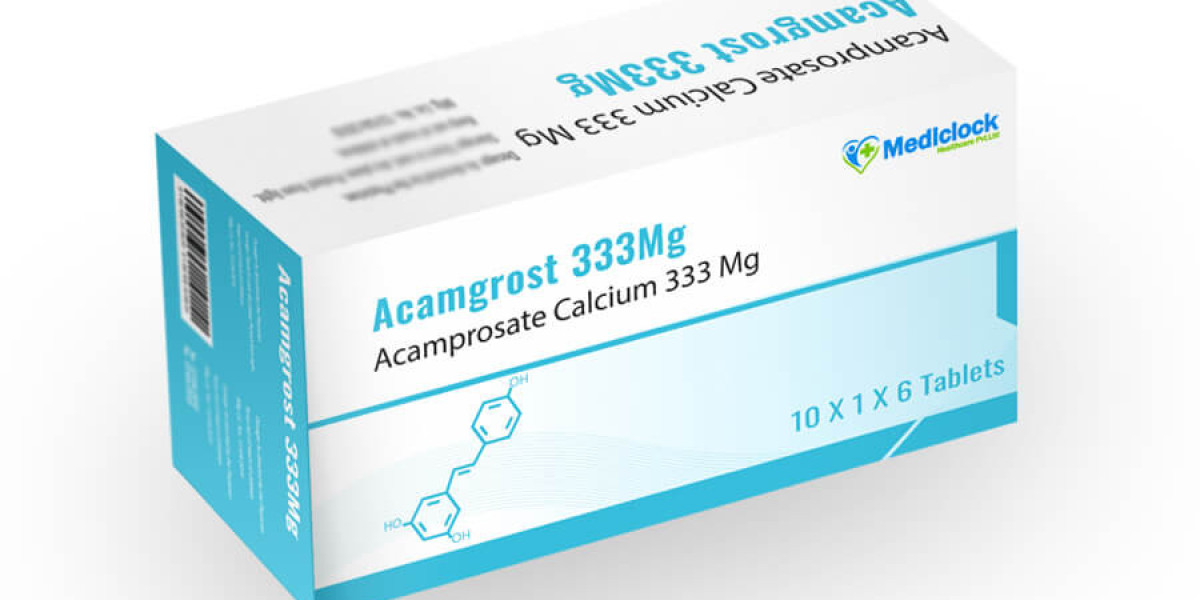Introduction:
Erectile dysfunction (ED) is a prevalent condition affecting millions of men worldwide, impacting their quality of life and relationships. While various treatment options exist, including medication, therapy, and lifestyle changes, some cases of ED may require more advanced interventions. Penile implants, a surgical solution, offer a viable option for men who do not respond to conventional treatments. In this article, we delve into the intricacies of penile implants, exploring their types, benefits, considerations, and the overall landscape of this treatment modality.
Understanding Erectile Dysfunction:
Erectile dysfunction is the inability to achieve or maintain an erection sufficient for satisfactory sexual performance. It can stem from a myriad of factors, including physiological issues like diabetes, cardiovascular diseases, hormonal imbalances, neurological disorders, or psychological factors such as stress, anxiety, or depression. The impact of ED extends beyond physical discomfort, often leading to emotional distress, relationship strains, and a diminished sense of self-confidence.
Traditional Treatments for Erectile Dysfunction:
Historically, treatments for ED revolved around oral medications like sildenafil (Viagra), tadalafil (Cialis), or vardenafil (Levitra), which enhance blood flow to the penis. Additionally, therapies such as vacuum erection devices, penile injections, or psychotherapy may be recommended depending on the underlying cause of the dysfunction. While these interventions can be effective for many, they may not suffice for individuals with severe ED or those seeking a long-term solution.
Introduction to Penile Implants:
Penile implants, also known as penile prostheses, are surgically implanted devices designed to facilitate erections in men with erectile dysfunction. These implants offer a more permanent solution for those who have not responded to other treatments or prefer a more reliable method for achieving erections. Penile implants have been refined over decades of development, resulting in sophisticated devices that closely mimic the natural erectile process.
Types of Penile Implants:
There are two main types of penile implants: inflatable and malleable (semi-rigid). Inflatable implants consist of cylinders implanted within the penis, a fluid reservoir typically placed in the abdomen, and a pump located in the scrotum. When the user desires an erection, they activate the pump, causing fluid to flow from the reservoir into the cylinders, creating rigidity. After intercourse, a release valve is activated to return the fluid to the reservoir, deflating the cylinders.
Malleable implants, on the other hand, are flexible rods that are surgically placed within the penis. Unlike inflatable implants, malleable implants maintain a constant semi-rigid state, allowing the user to manually position the penis for intercourse. While they do not require a pump or reservoir, they may not offer the same level of flaccidity as natural erections.
Benefits of Penile Implants:
One of the primary advantages of penile implants is their reliability. Unlike other treatments that depend on medication efficacy or manual techniques, penile implants provide a consistent mechanism for achieving erections, restoring spontaneity and intimacy to the user's sex life. Moreover, penile implants are discreet and require no external devices, allowing for a natural appearance and sensation during intercourse. Additionally, they can improve self-esteem and mental well-being by alleviating the anxiety and frustration associated with ED.
Considerations and Risks:
While penile implants offer significant benefits, they are not without risks and considerations. As with any surgical procedure, there are potential complications, including infection, mechanical failure, erosion of the implant through the skin, or changes in sensation. Moreover, the decision to undergo penile implant surgery should be carefully considered in consultation with a qualified healthcare provider. Factors such as overall health, lifestyle, and personal preferences should be taken into account to determine the most appropriate treatment approach.
Conclusion:
Erectile dysfunction can have a profound impact on a man's life, affecting both his physical and emotional well-being. While conventional treatments may suffice for many individuals, some may require more advanced interventions like penile implants to regain sexual function and confidence. Penile implants offer a reliable and effective solution for men with severe or refractory ED, providing a pathway to enhanced intimacy and satisfaction. However, it's essential to weigh the benefits and risks carefully and consult with a healthcare provider to determine the most suitable treatment plan.


